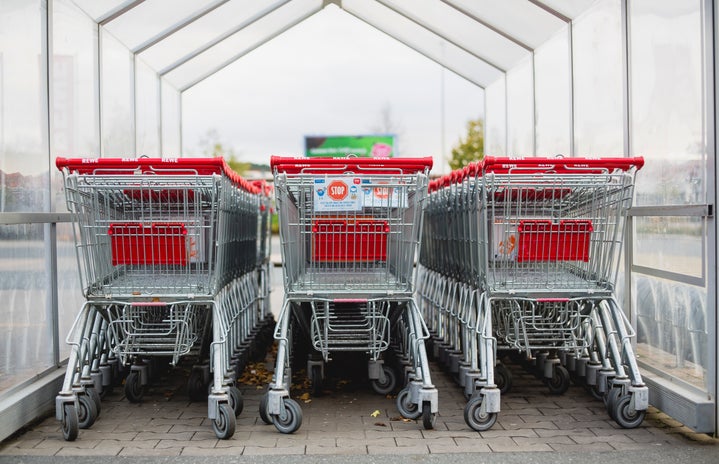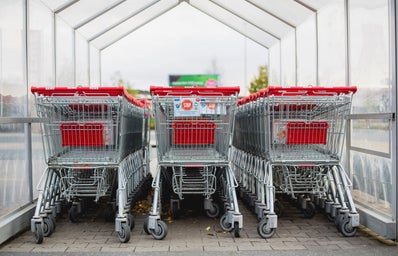Reader, I believe myself to be a good person; I put the trolley back after I’ve used it.
For those who don’t know (and think I have just written the strangest opening to an article), the ‘shopping trolley theory’ is seen as the ultimate litmus test for whether or not you’re a good person. Putting a trolley back is seen as the definition of a selfless task; you gain nothing from it, but it is the right thing to do. Those who don’t do it are seen as lazy or selfish – they only do acts for their own gain, or because the law forces them to do it. So we can both agree; because I put the trolley back, I’m a good person, right?
Except whenever I do this task, I always get a smug sense of satisfaction that, according to this bogus test, I am unquestionably good. I would even go so far as to say that I put the trolly back in order to ‘pass’ this test and be perceived as moral. If we are motivated by the desire to be recognized as ‘good’, or for the warm fuzzy feeling we get when we do the good deed, then is it really selfless? Does this mean that there is no such thing as a completely selfless deed?
When we are growing up, we are taught a very polarised version of good and bad: the hero versus the villain, the prince versus the beast, the law-abiding citizen versus the criminal. But if watching The Good Place taught me anything, it’s that the situation is a lot more nuanced than that. One of the main characters, Chidi, believes he deserves to be in ‘the bad place’ because of his preference for almond milk in his coffee, even though he ‘knew about the negative environmental impact’. Though a comedy, this poignantly philosophical show highlights the difficulty of being a ‘good person’ in the modern-day world, and how even buying a tomato can get you into the bad place (because of the underpaid labourer who picks it, the cost on the environment due to importation, and the non-biodegradable plastic packaging it is wrapped in of course). According to The Good Place, our net goodness (or badness) is wrapped up in these everyday minute decisions. In 2020, we’re going to need a lot more than a trolly litmus test to judge whether or not we’re good…
It is easy to walk away from watching The Good Place feeling one of two things. One: there is no ethical consumption under late-Capitalism. Two: Only sustainable, zero-waste vegans are good people. I don’t think this is necessarily the case (although keep up the good work if you are!). The other, less hopeless message is that there are no good or bad people necessarily, but good or bad actions. Looking for tests or Buzzfeed quizzes to tell us whether we’re inherently good or inherently bad is part of the problem, demonstrating how we are obsessed with how we are perceived, and the label that gives us. If we get caught up on the notion of being a ‘good person’, we may well neglect the work that we constantly need to be doing to be one.
We may start out exercising positive behaviours with the wrong intentions (wanting to be perceived as selfless or nice or politically correct or insert positive adjective here…), but eventually the good actions will become second nature, without us thinking about how we look doing them. The path to living a ‘good’ existence then comes from practising goodness in our everyday lives, whether that’s comforting a sick friend, being an ally to marginalised peers, looking after the planet in any way we can, or, yes, even putting the trolley back after you’ve used it; (I love it when we come full circle).



